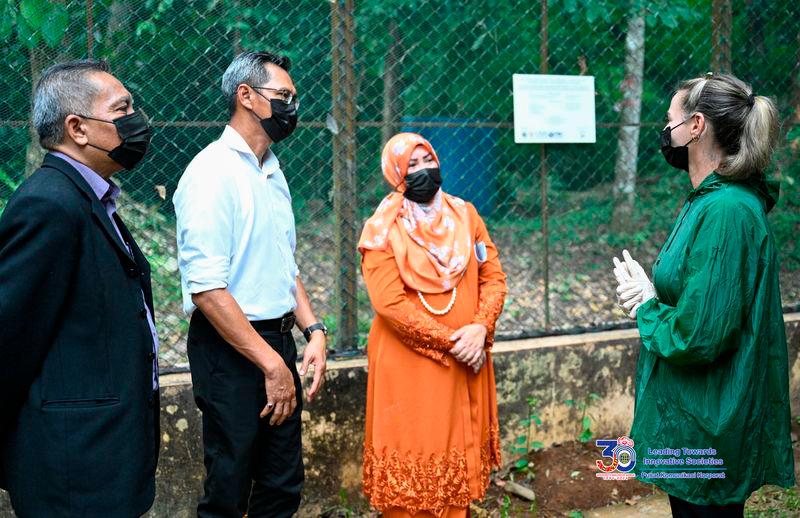KOTA KINABALU: Bats may become an endangered species in Sabah if enforcement and the control of hunting licences are not more strictly implemented, said State Wildlife Department deputy director Mohd Soffian Abu Bakar.
In relation to this, he said enforcement to ensure the bats are not hunted by poachers needs to be improved from time to time, in addition to the issuance of hunting licences being well controlled.
He said the bat population in Sabah is still not threatened, however, these mammals will be endangered if enforcement measures are carried out carelessly and there are no effective conservation measures in place.
“Bats can still be hunted but licences will be issued. However, there will be limited areas to hunt for these species, adding that bats are seasonal and cannot be hunted daily, and that is why we still issue licenses to hunt (bats).” he said.
“It is difficult to know the bat population... but based on the (hunting) licences issued, most people apply for licences for 10 bats. There is no limit so far but if there are applicants who apply to hunt for more, then we have to put a limit.”
Mohd Soffian said this to reporters after the handover ceremony of the Orphan Pups of the Large Flying Fox from the Sabah Wildlife Department to the UMS Institute of Tropical Biology and Conservation (IBTP) here today.
Meanwhile, IBTP director Prof Madya Dr Fiffy Hanisdah Saikim said the event was a historic one for UMS because it was the first time the university agreed to carry out a bat rehabilitation programme with other agencies.
“This is one project that has been long awaited, after 28 years of setting up the research centre in UMS. In this project, we can introduce our experts where previously we did research on our own but this time it is in collaboration with the Sabah Wildlife Department,” said Fiffy.
“The cooperation between UMS and external agencies is very necessary, especially in the field of environmental restoration,“ she said.
She also said UMS had previously many collaborations with external agencies in terms of environmental conservation, in addition to raising awareness about elephants and other animals in Sabah.
“However, this is the first time we have implemented a bat rehabilitation project and we hope this collaboration goes smoothly,“ she added.









